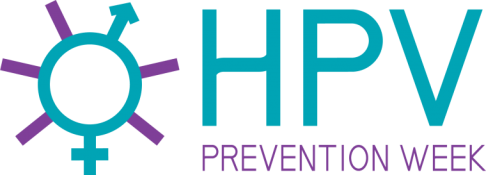- Managing your Practice
-
- Your Benefits
-

Introducing the ultimate Club MD experience
From work to play, and everything in between, we provide you with access to hundreds of deals from recognizable, best-in-class brands, elevating every facet of your life – from practice supports to entertainment, restaurants, electronics, travel, health and wellness, and more. Your Club MD membership ensures that these deals are exclusive to you, eliminating the need to search or negotiate.
Welcome to the ultimate Club MD experience. Your membership, your choices, your journey.
-
- Advocacy & Policy
-
- Collaboration
- News & Events
-

Stay Informed
Stay up to date with important information that impacts the profession and your practice. Doctors of BC provides a range of newsletters that target areas of interest to you.
Subscribe to the President's Letter
Subscribe to Newsletters
-
- About Us
-

HPV Prevention Week: The Importance of Getting Vaccinated
September 28, 2018
Together for Health
Human Papillomavirus (HPV) is the most common sexually transmitted infection worldwide. It affects more than 75% of sexually active men and women in their lifetime, and 4 out of 5 Canadians will get at least one type of HPV at some point. Most strains of HPV are harmless – infected individuals never develop symptoms and the virus resolves on its own within a couple of years. But other strains can lead to certain types of cancer such as cervical, anal, penile, and oropharyngeal (mouth and throat) cancer.
The good news is that HPV is preventable. Two different vaccines have been developed which can successfully prevent infection when administered early on, therefore, stopping many HPV-related cancers from growing. Since most infected individuals are unaware they have the virus though and unknowingly pass it on, it is imperative that everyone eligible gets vaccinated.
 HPV Prevention Week, which takes place October 1-7, aims to increase awareness of the virus and encourage public dialogue about the prevention of HPV-related diseases and cancers.
HPV Prevention Week, which takes place October 1-7, aims to increase awareness of the virus and encourage public dialogue about the prevention of HPV-related diseases and cancers.
To protect yourself, your children, and your loved ones, vaccination is key. Here’s what you need to know about the HPV vaccine:
- The vaccine is nearly 100% effective in preventing infection by the most common types of HPV
- It protects against nine types of HPV, including the types that cause HPV-related cancers of the vagina, vulva, anus, penis, mouth and throat
- It protects against two types of HPV that cause about 90% of cases of genital warts
- It is most effective when administered before a person become sexually active or is exposed to the virus
- It is recommended that both boys and girls aged 11 or 12 get vaccinated
- It is routinely offered to grade 6 boys and girls as part of BC’s publicly funded immunization program
- Health Canada has approved 2 HPV vaccines: Cervarix® and Gardasil®
More information on HPV vaccination can be found on the HealthLinkBC website. To join the conversation and get involved in HPV Prevention Week, click here.




